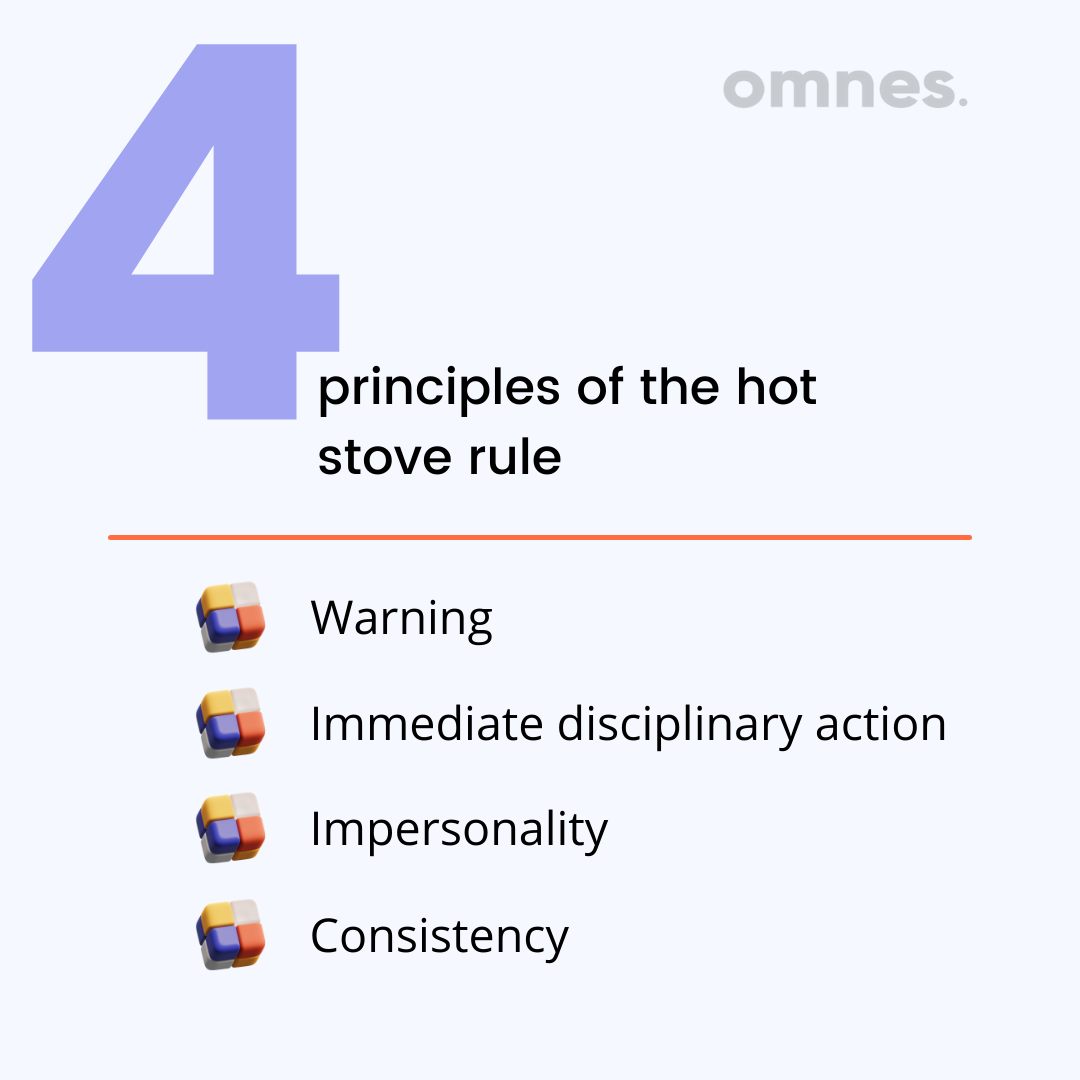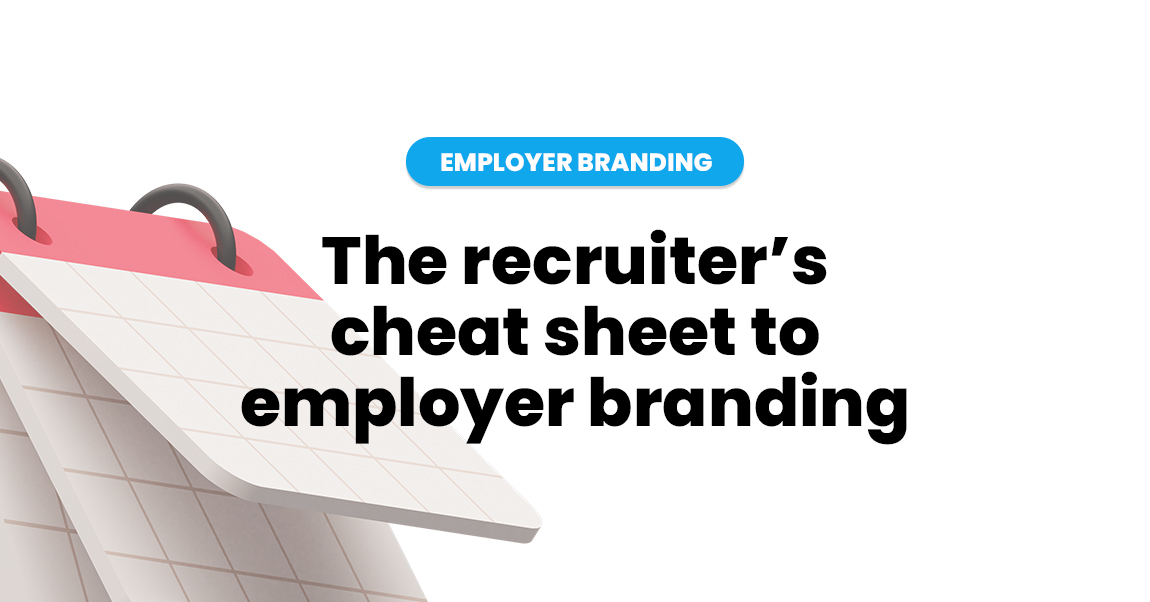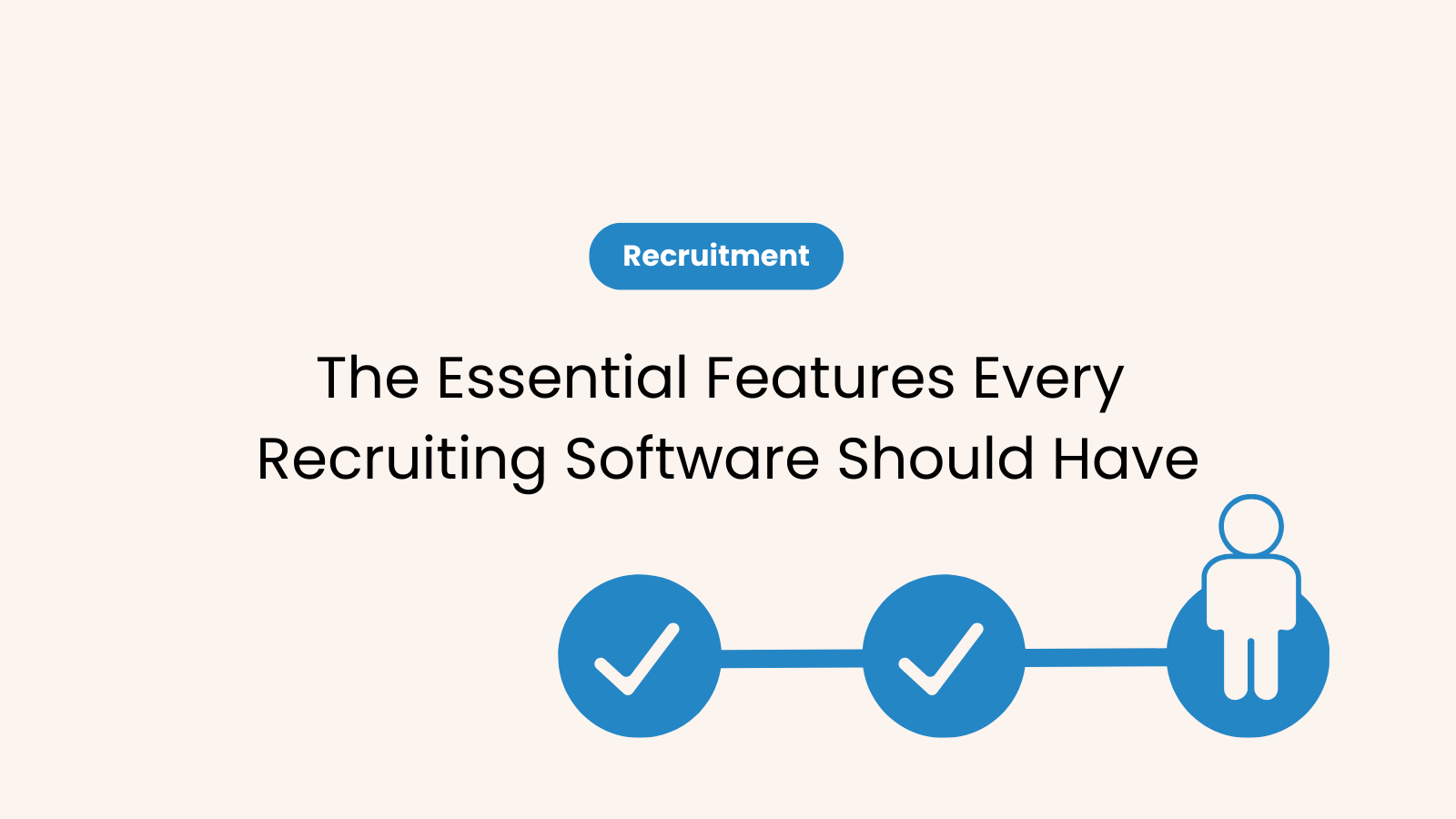Hot stove rule is one of the methods that can help you avoid the awkwardness and hard feelings if you use it in the right way.
Of course, it is always hard to punish your colleagues, but sometimes you have no choice. After that, things may get uncomfortable in the office, and working together may be unpleasant.
Managers are always looking for a way to improve their work and the work of their teams. And that includes learning how to discipline your employees. Working with a lot of people can get complicated quickly, and having stable, quality rules makes everything easier.
What Is a Hot Stove Rule?
Hot stove rule is a principle designed by Douglas McGregor in the 60s. Nowadays, it is regularly used by managers in various businesses and it is more than a simple disciplinary method.
It is supposed to help a manager perform disciplinary action without making an employee feel resentful or bitter.
Hot stove rule draws parallels to feelings you get after touching a hot stove. When you see that the stove is red, you immediately know it is burning hot, and if you reach it, you will get hurt.
You had a fair warning.
Let’s say you touch it anyway. The result is instant; you feel pain. You get angry, but only for a second. Obviously, it is not the stove’s fault – it’s not intentionally trying to hurt specifically you – so you are actually angry at yourself.
But you understand that what you did was not wise. If you repeat this action, everything is going to happen in the same way as before, with no exceptions.
The same goes for disciplinary action against an employee.

The four principles of the hot stove rule are:
- Warning – all of the employees are informed about company policies, so they can’t say they didn’t know they were doing something forbidden.
- Immediate disciplinary action – consequences can never be delayed; the reaction is swift.
- Impersonality – the punishment is directed towards the act, not the employee themself. Also, it doesn’t matter who of the employees broke the rule. Everyone gets the same treatment, those who are in high positions, and those who are not are all treated equally.
- Consistency – it is imperative to stay consistent. Disciplinary actions can’t be skipped now and then; they must always be implemented. This way, the employees will know what to expect if they break the rules.
How to Apply Hot Stove Rule?
Every company has its policies and regulations that define the appropriate worker’s behavior. To apply the hot stove rule, an employer must first give a detailed explanation of the rules to all of the employees, and at the same time, needs to make sure they understood and accepted them.
Every time there is a change in the rules or something new is added, employees must be updated. That should be done in a way that ensures everybody indeed saw the update, so nobody can complain later and claim they didn’t know. Penalties should also be defined in the code of conduct.
Managers and HR personnel are obligated to inform the employees about all regulations and sanctions. It would be best if all members of the staff had a copy of the code of conduct.

When an offence occurs, the company (HR or the supervisor) must react swiftly. Establish the facts (make sure nobody gets falsely accused!), and sanction the employee accordingly. The manager should act professional and impersonal, no matter what his relationship to the employee is usually like. Everyone is treated the same.
What are you trying to accomplish with this? This kind of treatment should imply that the punishment is not directed to the person who did the sanctionable act, but to the act itself.
Employees won’t be angry with their supervisors, and they will understand their mistakes. Hopefully, after this experience, they would be reluctant to repeat the offence. In the long term, this leads to more productivity in the workplace. The understanding between an employee and a manager will not be compromised.
How severe the penalty is will depend on how serious the offense was, but also on the frequency of the said offense. After everything is said and done, the work continues as usual, and things get back to the way they were. The manager treats an employee as they did before the offense and must never let this brief episode affect their opinion of the employee.

Mistakes to Avoid at All Costs
In some situations, it can be hard to follow through all the steps of the hot stove rule. Problems can occur during an inconvenient time for a company, and a supervisor could be tempted to delay action towards an employee.
This can never be justified, as it breaks one of the four basic principles of this method – immediacy. Showing mildness in regards to disciplinary actions will only encourage employees to break the rules. They will feel like it is easy to get away with it. You will lose their respect, and once lost, it may take a long period to get it back.
Favouritism
Another mistake that will cost you the respect of your co-workers is favouritism. No matter who sits across the table during the unpleasant talk about sanctions, you must stay impartial.
Objectivity is difficult in these situations, honestly, but remember: everybody is equal in this situation. Forget the rank in the company; forget your personal connections. On the other side of the spectrum is the opposite mistake. A co-worker that you aren’t really fond of. You can’t be great friends with everybody. Here, you might overstep and treat this employee too roughly.
Maybe you didn’t even mean to do that, but your feelings got the better of you. Always keep in mind that this kind of interaction will most certainly lead to resentment from a sanctioned employee, and maybe even from other members of the team. Because who’s to say you won’t treat them the same way if they make a mistake in the future?
Holding a grudge
Once you have gotten through the difficult task of punishing your co-worker, everything should go back to normal. But everything can’t be forgotten that quickly. Sometimes managers make small changes in their interactions with the punished employees – on purpose or not.
If you want a great work atmosphere, this can’t happen in your office.
Pay attention to how you talk to that one employee. Don’t be the one to hold a grudge. No one feels comfortable if they are constantly reminded of their mistake. That will lead to bitterness in time, and may even make an employee feel pressured while at work.
Abuse of power
And lastly, hot stove rule can’t be a manager’s weapon for dealing with the people he/she doesn’t like. The abuse of the hot stove rule is entirely possible and should always be prevented. The mere essence of the principle is its impersonality, do not forget that!
Careful and proper use of this simple method will provide your company with better employee performance, as the purpose of implementing this rule is to correct inappropriate behavior and not just punish an employee’s mistakes.




